LONDON, UK: With Britain still recovering from its longest heatwave in five years, parents may be tempted to help keep their children cool by giving them ice cream, soft drinks and other cold treats. The British Dental Association has urged restraint in this regard, as new figures show that more than half of children in the UK are consuming at least twice their recommended daily sugar intake during the summer school break.
A survey of 1,000 parents with children aged between 2 and 17, conducted by dental care provider mydentist, found that sugar intake increases greatly in the summertime. Almost a quarter of responding parents estimated that they gave their children twice as much sugar over summer compared with other times of the year. A further 15.6 per cent said that they gave their children three times as much sugar, with another 11.5 per cent stating that their children were consuming more than five times as much sugar.
Four out of five parents expressed concern about the increased sugar intake of their children over summer. However, around 25 per cent stated that they either lack the time to take their children to the dentist for a free check-up during this period, or they do not see it as a priority.
“It is tempting to beat the heat with soft drinks and ice cream, but parents must recognise the damage these sugar-laced confections can do,” said Dr Russ Ladwa, Chair of the British Dental Association’s Health and Science Committee.
“Tooth decay is now a wholly preventable epidemic, and the number one reason a child will be admitted to hospital. Yes, we need parents to take responsibility over what they buy, but ministers also need to force industry to change the way they formulate and market these products,” he asserted.
“Added sugar is cheap, addictive and nutrient free. Ultimately if you want to keep the kids cool and hydrated, reach for the water,” suggested Ladwa.
Tooth extraction is the most common reason for hospital admission in the UK for 5- to 9-year-olds. A child in England has a tooth removed in hospital every 10 minutes and, according to NHS data, around one-quarter of 5-year-olds suffer from dental caries.
Tags:
BOSTON, U.S.: Consumption of sodas and other sugar-sweetened beverages (SSBs) fell for both children and adults between 2003 and 2014, according to a new ...
In light of rising rates of chronic disease and growing awareness of the health risks associated with excessive sugar consumption, governments around the ...
RUGBY, UK: Though the April 2018 introduction of the Soft Drinks Industry Levy—otherwise known as the sugar tax—has proved effective in reducing the ...
GENEVA, Switzerland: Maintaining a healthy mouth is crucial to keeping it functioning correctly and to maintaining general health and well-being. Ahead of ...
LONDON, UK: Though it is quite evident that dentistry, as a whole, has been greatly affected by the ongoing COVID-19 pandemic, the specific ways in which ...
LONDON, England: While chewing gum may be considered a somewhat undesirable habit, sugar-free varieties have been proved to be highly beneficial for oral ...
LEIPZIG, Germany: The global obesity epidemic shows few signs of abating, and numerous countries from different regions have introduced policies aimed at ...
HALLE, Germany: According to a joint study conducted by researchers at the Martin Luther University Halle-Wittenberg (MLU) and the Biotechnology Research ...
Sports dentistry is usually considered only to deal with sports injuries and accidents. Naturally, a dental trauma that includes fractures of teeth and ...
MELBOURNE, Australia: A major contributor to quality oral health is awareness and education. With this in mind, the Australian Dental Association (ADA) has ...
Live webinar
Tue. 24 February 2026
1:00 pm EST (New York)
Prof. Dr. Markus B. Hürzeler
Live webinar
Tue. 24 February 2026
3:00 pm EST (New York)
Prof. Dr. Marcel A. Wainwright DDS, PhD
Live webinar
Wed. 25 February 2026
11:00 am EST (New York)
Prof. Dr. Daniel Edelhoff
Live webinar
Wed. 25 February 2026
1:00 pm EST (New York)
Live webinar
Wed. 25 February 2026
8:00 pm EST (New York)
Live webinar
Tue. 3 March 2026
11:00 am EST (New York)
Dr. Omar Lugo Cirujano Maxilofacial
Live webinar
Tue. 3 March 2026
8:00 pm EST (New York)
Dr. Vasiliki Maseli DDS, MS, EdM



 Austria / Österreich
Austria / Österreich
 Bosnia and Herzegovina / Босна и Херцеговина
Bosnia and Herzegovina / Босна и Херцеговина
 Bulgaria / България
Bulgaria / България
 Croatia / Hrvatska
Croatia / Hrvatska
 Czech Republic & Slovakia / Česká republika & Slovensko
Czech Republic & Slovakia / Česká republika & Slovensko
 France / France
France / France
 Germany / Deutschland
Germany / Deutschland
 Greece / ΕΛΛΑΔΑ
Greece / ΕΛΛΑΔΑ
 Hungary / Hungary
Hungary / Hungary
 Italy / Italia
Italy / Italia
 Netherlands / Nederland
Netherlands / Nederland
 Nordic / Nordic
Nordic / Nordic
 Poland / Polska
Poland / Polska
 Portugal / Portugal
Portugal / Portugal
 Romania & Moldova / România & Moldova
Romania & Moldova / România & Moldova
 Slovenia / Slovenija
Slovenia / Slovenija
 Serbia & Montenegro / Србија и Црна Гора
Serbia & Montenegro / Србија и Црна Гора
 Spain / España
Spain / España
 Switzerland / Schweiz
Switzerland / Schweiz
 Turkey / Türkiye
Turkey / Türkiye
 UK & Ireland / UK & Ireland
UK & Ireland / UK & Ireland
 Brazil / Brasil
Brazil / Brasil
 Canada / Canada
Canada / Canada
 Latin America / Latinoamérica
Latin America / Latinoamérica
 USA / USA
USA / USA
 China / 中国
China / 中国
 India / भारत गणराज्य
India / भारत गणराज्य
 Pakistan / Pākistān
Pakistan / Pākistān
 Vietnam / Việt Nam
Vietnam / Việt Nam
 ASEAN / ASEAN
ASEAN / ASEAN
 Israel / מְדִינַת יִשְׂרָאֵל
Israel / מְדִינַת יִשְׂרָאֵל
 Algeria, Morocco & Tunisia / الجزائر والمغرب وتونس
Algeria, Morocco & Tunisia / الجزائر والمغرب وتونس
 Middle East / Middle East
Middle East / Middle East

























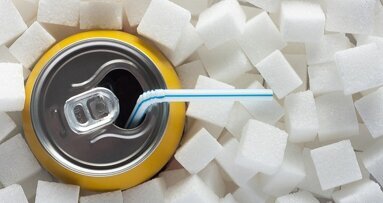
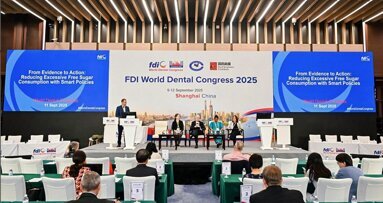


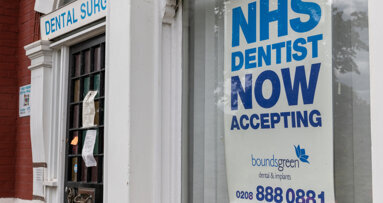
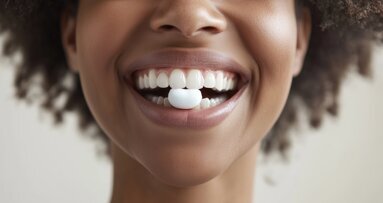
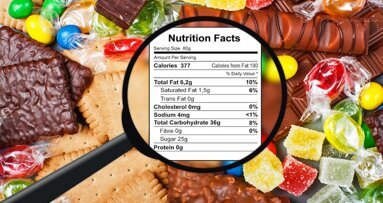
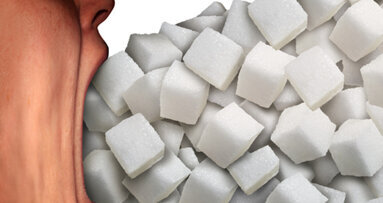
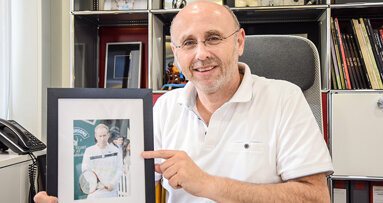










To post a reply please login or register